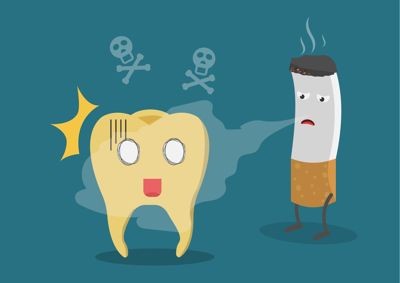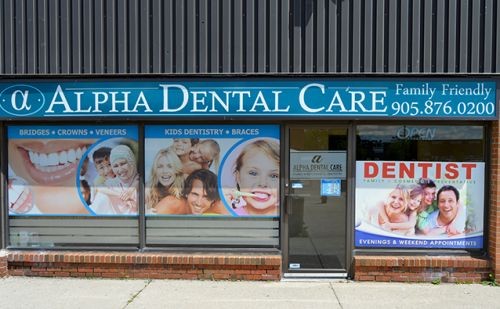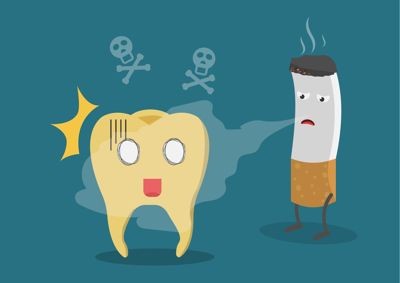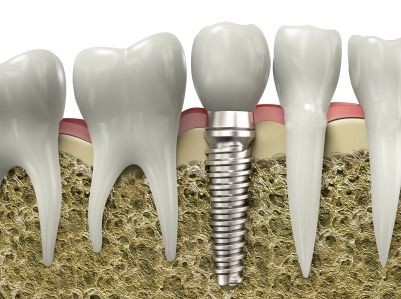Our Blog
Smoking and Oral Health
Smoking-related diseases go far beyond what we are pretty much used to hear about – lung cancer, emphysema, chronic cough, etc. Many of us forget about the mouth, which actually takes the whole brunt of it.
Teeth
Tobacco smoke impacts teeth directly, as chemicals contained in it obliterate them immediately as you take a drag. It causes discoloration, tartar build-up, plaques, and premature tooth decay. These agents impede general and oral blood circulation. Teeth lose their ability to resist infections and become much more vulnerable to bacteria.
Gums
As your mouth loses immunity, bacteria attack your gums and weaken the tissue adjacent to teeth. This causes periodontal disease, signs of which include bleeding, pain, color change, tooth decay, receding gum line, bad breath, and discomfort when eating. Receding gum line leads to increased exposure of tooth roots to contamination and speeds up tooth decay.
Oral cancer
Studies show that about 80% of tongue, lip, throat, gum cancer cases result from smoking. Tobacco smoke contains a whole batch of carcinogenic agents, which directly hit oral organs. Repeated exposure of cells to these substances results in permanent damage and causes them to mutate into cancerous cells. The process triggers uncontrolled growth of these cells, which form tumors. Pre-cancer conditions, such as white spots inside your mouth, reddening, and sores, are signals to quit ASAP. The risk of cancer begins to decrease right after you stop smoking. After about ten years after your last drag, the risk will be close to the level of a non-smoker.
What can I do about it?
There is just one fundamental decision: quit! But what if you have smoked for too long and grown too addicted to cut it overnight? Or you simply do not want to quit? There are mouth care tips for those who choose to carry on smoking.
1. Visit your dentist regularly. This will help you keep smoking-related oral disorders in check. If spotted at an early stage, even a serious disease can be treated successfully.
2. Smokers must exert three times the effort non-smokers exert to keep their mouth clean. There are a handful of cleaning, brushing, and washing techniques, using which takes a bit of skill. A trained specialist will give you professional advice and share with you all possible secrets. He/she will examine your mouth and may suggest the right type of toothbrush, mouth rinse, dental floss, and other items you may need.
3. Also, you should ask your dentist about the most appropriate type of toothpaste. It takes professional knowledge and experience to determine the chemical composition of the toothpaste, which will work in your particular case.
4. It is advisable for smokers to give up foods, which stain teeth or cause damage that doubles that already inflicted by tobacco.
5. Make self-checks on a regular basis. Should you see any changes like persistent reddening, bleeding, festering, patches, in any area of your oral cavity, contact your dentist immediately.
If you have any questions about your oral health, or would like to learn more about the general dentistry services we offer, please contact us today by calling 905-876-0200. Alpha Dental Care Milton looks forward to smiling with you!





